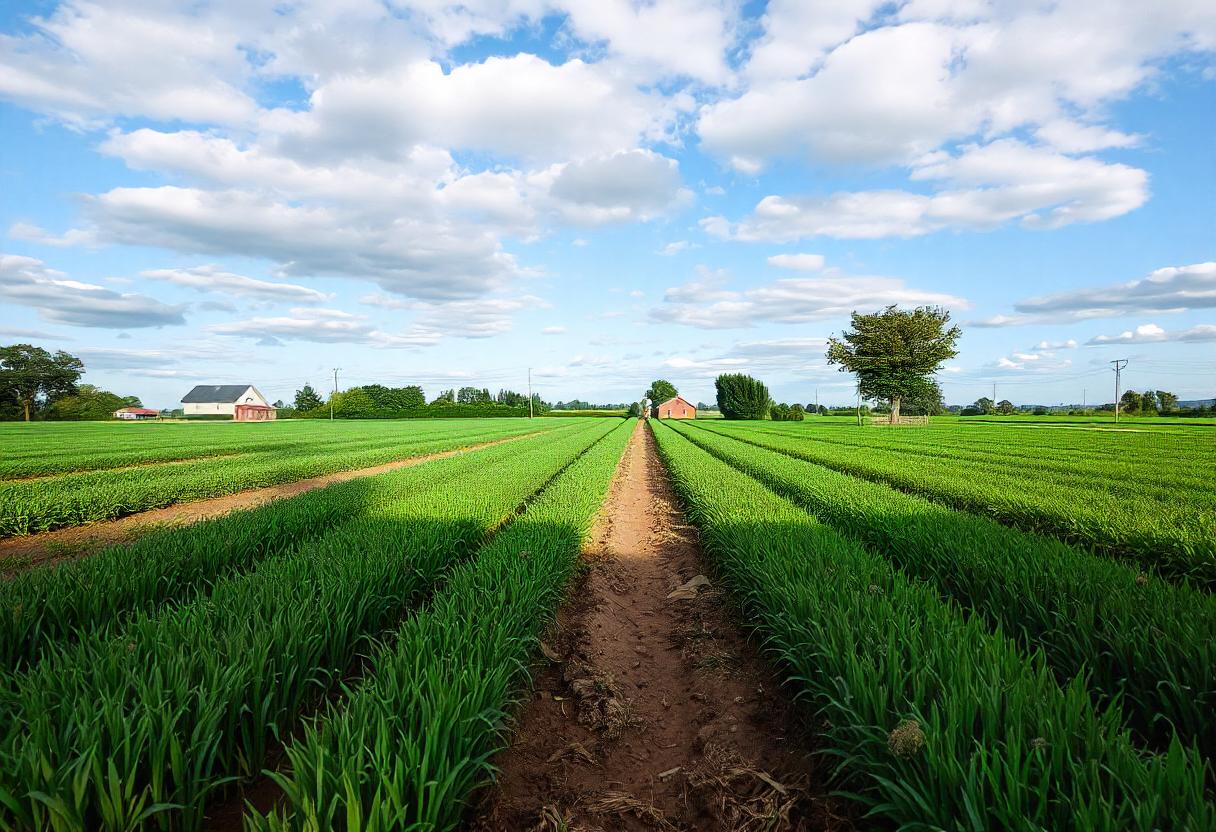
The agriculture industry has undergone significant transformation over the years, driven by technological advancements, global demand for food, and the need for sustainable practices. This article delves into the various facets of the agriculture vertical, highlighting its importance, current trends, and future prospects.
The Importance of Agriculture
Agriculture plays a crucial role in the global economy, providing food, fiber, and raw materials essential for daily life. It supports livelihoods, drives economic growth, and contributes to rural development. As the world’s population continues to grow, agriculture’s role in ensuring food security and sustainable development becomes even more vital.
Current Trends in Agriculture
Several key trends are shaping the agriculture vertical today:
- Technological Advancements: The integration of technology in agriculture, such as precision farming, drones, and smart irrigation systems, is enhancing productivity and efficiency. These innovations allow farmers to monitor crops in real-time, optimize resource use, and improve yields.
- Sustainable Practices: With increasing awareness of environmental issues, sustainable farming practices are gaining traction. Techniques such as organic farming, conservation tillage, and agroforestry are being adopted to reduce environmental impact and promote soil health.
- Urban Agriculture: The rise of urban agriculture reflects a growing interest in local food production. Rooftop gardens, vertical farms, and community gardens are becoming popular in cities, reducing food miles and promoting fresh, locally grown produce.
- Global Trade Dynamics: Changes in global trade policies and agreements are affecting the agriculture sector. Trade wars, tariffs, and international agreements can impact crop prices, export opportunities, and market access.
Future Prospects
Looking ahead, the agriculture vertical is poised for further evolution. Key areas of focus include:
- Innovation and Research: Ongoing research in crop genetics, pest management, and soil health will continue to drive innovation in agriculture. Advances in biotechnology and data analytics will play a significant role in shaping the future of farming.
- Climate Change Adaptation: As climate change impacts weather patterns and growing conditions, agriculture will need to adapt. Strategies such as developing drought-resistant crops and optimizing irrigation methods will be crucial in maintaining productivity.
- Consumer Preferences: Changing consumer preferences for organic and locally sourced products will influence agricultural practices. Farmers will need to adapt to these trends to meet market demands and capitalize on new opportunities.
- Global Collaboration: Addressing global challenges in agriculture will require international cooperation. Collaborative efforts to share knowledge, resources, and technologies will be essential in tackling issues such as food security and environmental sustainability.
By understanding these aspects of the agriculture vertical, stakeholders can better navigate the complexities of the industry and contribute to its continued growth and development.